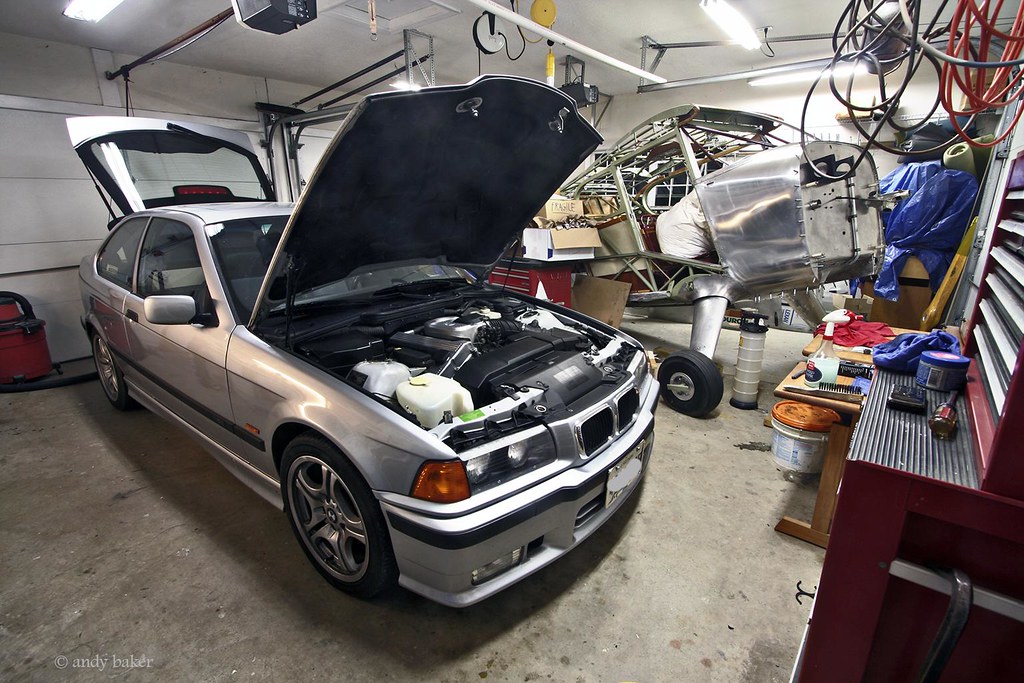BMW 318ti: Efficiency Specs and Characteristics Explained
BMW 318ti: Efficiency Specs and Characteristics Explained
Blog Article
Crucial Factors To Consider for Choosing the most effective Engine for Your Demands
In the realm of choosing the optimal engine to fulfill your needs, several important variables need thorough factor to consider to make certain optimal performance and efficiency. From the nuanced equilibrium in between power and efficiency to the often-overlooked elements of maintenance and service demands, each aspect plays an essential role in determining the most ideal engine for your details demands.
Power and Efficiency
When reviewing engines for optimal efficiency, it is crucial to prioritize both power result and efficiency. Performance refers to how well the engine converts gas right into usable energy. By thoroughly reviewing both power and performance, you can choose an engine that delivers ideal efficiency and fulfills your demands successfully.
Gas Performance and Economy
In the realm of engine option, the consideration of fuel performance and economy holds critical importance. Fuel efficiency refers to the engine's capacity to transform fuel into power with minimal waste, directly affecting operating expense and ecological sustainability. bmw 318ti. When choosing an engine, reviewing its fuel economic climate is important to establish lasting financial savings and ecological influence. Engines with greater gas performance not just lower gas expenditures but likewise decrease carbon emissions, adding to a greener operation.

Compatibility and Application
Thinking about the gas performance and economic climate of an engine, the following important facet to address is its compatibility and application within particular functional contexts. Compatibility refers to just how well the engine integrates with the overall system or devices it powers.
Different engines are developed for particular functions, whether it be industrial machinery, aquatic vessels, vehicles, or power generators. Understanding the intended application allows for the option of an engine that can supply the necessary power outcome, torque, and functional features.
Maintenance and Solution Needs
Maintenance and service demands play a crucial function in making certain the durability and ideal efficiency of an engine. Normal maintenance is vital to protect against break downs, expand the life-span of the engine, and maintain its effectiveness. When picking an engine, it is important to consider see this the maker's suggested upkeep timetable and the schedule of solution centers or qualified specialists.
Aspects browse this site such as the regularity of oil modifications, filter replacements, and general assessments can dramatically influence the engine's performance. Some engines might call for even more constant maintenance based upon their layout and use, while others might have longer intervals between maintenance checks. It is vital to abide by these solution needs to stay clear of pricey fixings and unanticipated downtime.

Expense and Budget Factors To Consider
Budget plan constraints often play a substantial function in the decision-making procedure when choosing an engine for a certain application. When considering the expense and budget effects of choosing an engine, it is important to evaluate not just the preliminary acquisition cost yet likewise the lasting expenses linked with maintenance, gas intake, and prospective upgrades or repair work. It is critical to strike a balance in between the upfront expense of the engine and its total lifecycle costs to make sure that the picked engine stays monetarily lasting throughout its operational life expectancy.
Variables such as fuel durability, integrity, and effectiveness can directly impact the overall expense of possession of an engine. While an extra pricey engine might have higher in advance expenses, it might potentially lead to reduced upkeep and fuel costs with time, therefore using far better value in the future. Additionally, thinking about the accessibility and expense of extra components, along with the convenience of upkeep and solution, can assist stop unforeseen economic stress in the future. By very carefully reviewing these price and spending plan factors to consider, you can make an educated decision that aligns with your financial constraints and operational needs.
Final Thought

Fuel effectiveness refers to the engine's capacity to convert fuel right into power with minimal waste, straight influencing operating costs and environmental sustainability.Aspects affecting fuel effectiveness consist of engine layout, combustion effectiveness, and total efficiency optimization. Additionally, selecting the proper gas kind and grade as recommended by the engine producer can better boost efficiency and extend engine life expectancy.
Engines with great utility attributes and readily available parts can decrease upkeep expenses and lessen the time the engine is out of procedure - bmw 318ti. It is crucial to strike a balance in between the upfront cost of the engine and its overall lifecycle costs to guarantee that the chosen engine remains financially sustainable throughout its operational lifespan
Report this page